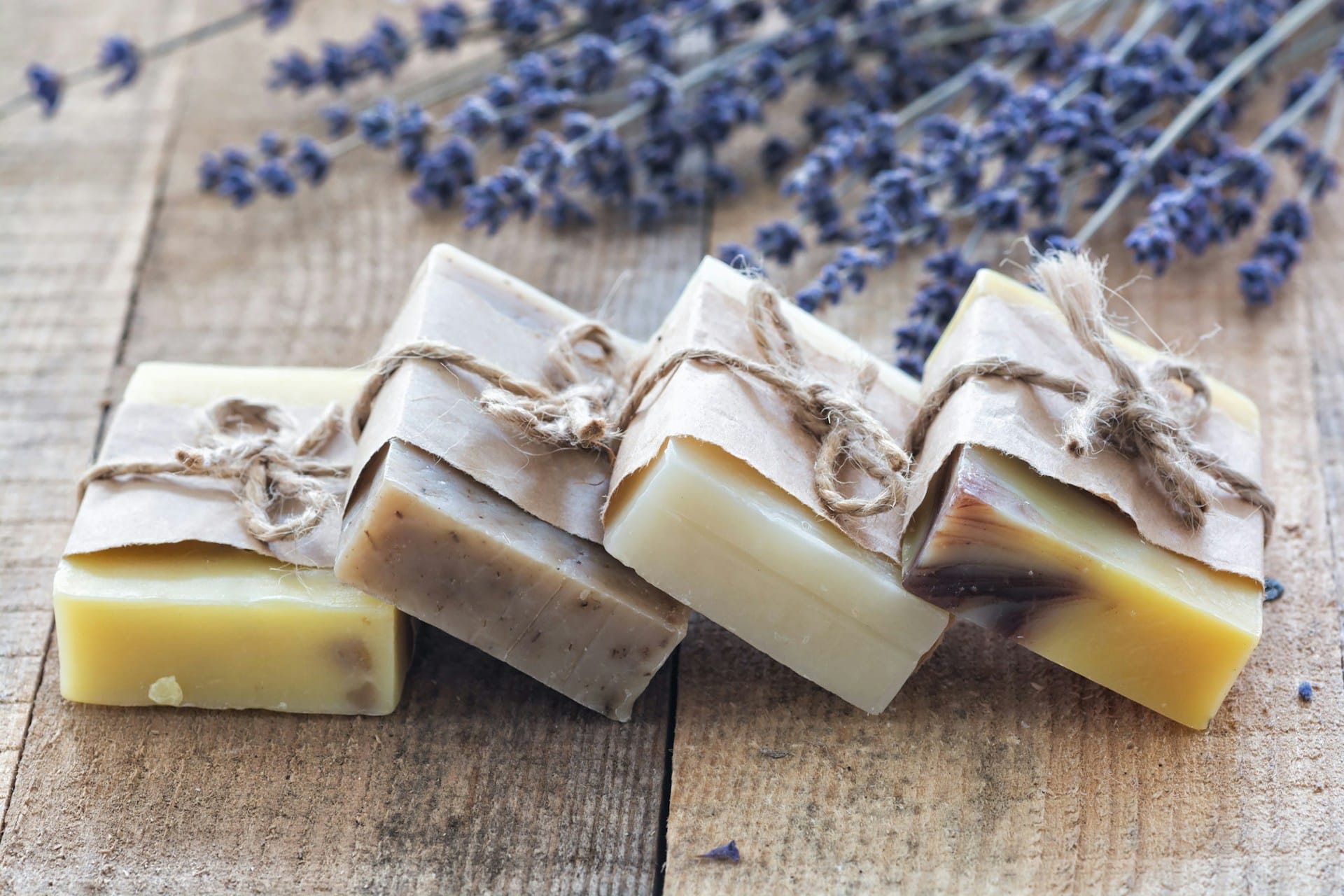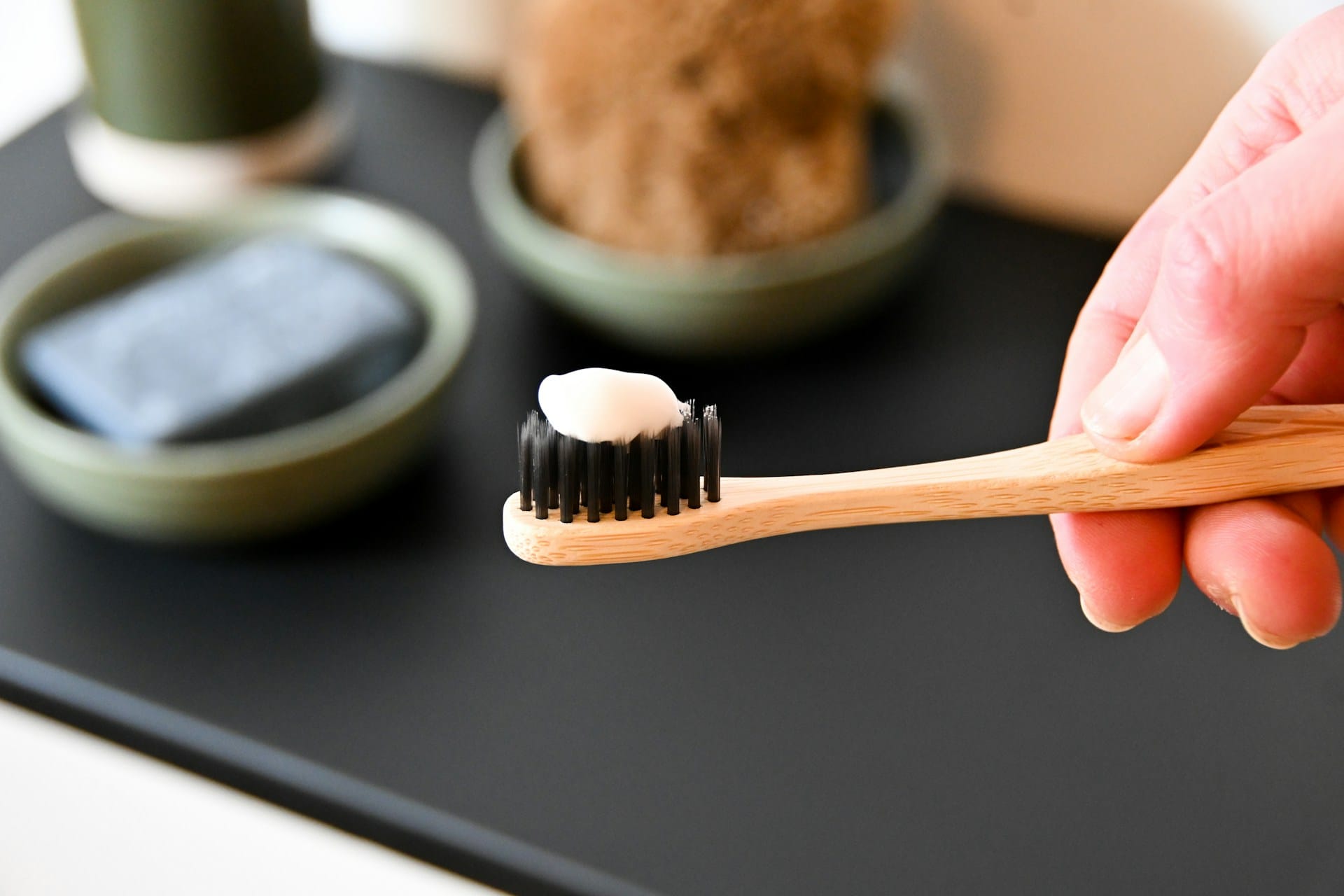Ditch the Plastic: 7 Eco-Friendly Swaps for Your Bathroom

Introduction
The bathroom is a major hub of plastic waste. From disposable razors to body wash bottles, the products we rely on daily often come in packaging that ends up in landfills. Fortunately, small changes can make a big difference. By swapping out single-use plastic items for eco-friendly alternatives, you’ll significantly reduce your waste while supporting a more sustainable lifestyle.
In this article, we’ll explore seven easy zero-waste bathroom swaps that are better for the planet and often better for your wallet. Ready to ditch the plastic? Let’s dive in!
1. Plastic Bathroom Cleaners → Refillable or DIY Cleaners
Conventional bathroom cleaners come in bulky plastic bottles, and most contain harmful chemicals that impact both your health and the environment. These bottles often can’t be recycled and end up in landfills.
Instead, switch to refillable cleaners or DIY options. Many eco-friendly brands offer refillable concentrate cleaners, which you can mix with water at home, reducing both plastic waste and transportation emissions. Alternatively, make your own cleaners using simple ingredients like vinegar, baking soda, and essential oils. These natural options are just as effective and free from harsh chemicals.
Zero-Waste Tip:
For a plastic-free toilet bowl cleaner, look for powder or tablet forms that come in compostable or recyclable packaging. You simply drop them into the bowl, and they work like magic without the waste. ZeroIn has several options for this from our trusted partner Blueland in our store!
2. Liquid Hand Soap → Bar Soap or Refillable Containers
Liquid hand soap is a bathroom staple, but it typically comes in single-use plastic pumps that contribute to the mounting plastic crisis. These bottles are rarely recycled because their pumps contain mixed materials.
One easy swap is to use bar soap, which often comes in zero-waste packaging like compostable paper. Bar soap can last longer and typically contains fewer chemicals. However, if you prefer liquid soap, consider switching to brands that offer larger refill containers made of glass or recyclable plastic. Purchasing soap in bulk allows you to reuse the same dispenser, reducing the need for single-use bottles.

Zero-Waste Tip:
Look for bulk refill stations at zero-waste stores or online shops that offer liquid soap in eco-friendly packaging.
3. Lotion/Face Cream/Deodorant → Refillable or Compostable Packaging
Traditional skincare products such as lotions, face creams, and deodorants often come in plastic containers that are not recyclable. Additionally, these products usually need frequent repurchasing, increasing the amount of waste over time.
Many eco-conscious brands now offer refillable or compostable packaging for these bathroom essentials. For lotions and creams, look for companies that provide reusable glass jars with refill options. For deodorant, opt for brands that package their products in compostable cardboard tubes or offer refillable metal containers.
Zero-Waste Tip:
Check out Burt’s Bees certified products in the ZeroIn store for a range of sustainable skincare options. Burt’s Bees uses recyclable or compostable packaging for many of its face creams, lotions, and other beauty essentials, making them a great choice for eco-conscious consumers.
4. Body Wash, Shampoo & Conditioner Bottles → Bars or Refillable Options
Body wash, shampoo, and conditioner bottles contribute significantly to bathroom plastic waste. In fact, an estimated 552 million shampoo bottles end up in U.S. landfills each year alone.
One of the most effective swaps is switching to shampoo, conditioner, and body wash bars. These solid alternatives typically come in paper or cardboard packaging and last longer than their liquid counterparts. Many are formulated with natural ingredients, making them gentler on both your skin and the environment.
If bars aren’t for you, look for refillable liquid options. Some companies offer refill pouches or glass bottles, allowing you to top up without buying new plastic bottles each time.
Zero-Waste Tip:
When shopping for bars, look for products that are sulfate-free and made from plant-based ingredients to ensure you're not washing harmful chemicals down the drain.
5. Plastic Toothbrushes → Bamboo or Recycled Toothbrushes
The average person goes through 300 plastic toothbrushes in their lifetime, and these toothbrushes are not recyclable. The plastic they’re made from can take hundreds of years to decompose, all while polluting land and water ecosystems.
Switch to a bamboo toothbrush, which has a biodegradable handle made from sustainable bamboo. While the bristles are often still made from nylon (which isn’t compostable), you can break them off before composting the handle. Alternatively, you can opt for toothbrushes made from recycled materials, reducing the demand for virgin plastic.

Zero-Waste Tip:
Some brands offer toothbrushes with replaceable heads, allowing you to keep the same handle and only swap out the bristle head, further reducing waste.
6. Disposable Razors & Plastic Razor Heads → Safety Razor
Disposable razors are not only wasteful but difficult to recycle due to their combination of plastic, rubber, and metal. Even refillable cartridge razor heads contain large amounts of plastic and are designed to be thrown away after just a few uses.
The solution? A safety razor. These classic razors feature a durable metal handle and replaceable stainless-steel blades that are fully recyclable. Safety razors last for years, and the steel blades cost far less over time compared to plastic cartridge heads.
Zero-Waste Tip:
If a safety razor isn’t your style, consider switching to a razor brand that offers a recycling program for plastic cartridges or one that designs heads with less plastic and more durable materials.
7. Conventional Toilet Paper → Recycled or Bamboo Toilet Paper
Most people don’t think about the environmental impact of toilet paper, but traditional TP is often made from virgin trees, contributing to deforestation. In addition, it’s packaged in plastic, which adds to your household’s waste footprint.
Make the switch to recycled toilet paper or bamboo toilet paper, both of which are far more sustainable options. Recycled toilet paper uses post-consumer materials, reducing the demand for virgin tree pulp, while bamboo is fast-growing, renewable, and requires fewer resources to produce. Many eco-friendly brands package their toilet paper in plastic-free materials like paper or cardboard.
Zero-Waste Tip:
For an even more sustainable option, consider installing a bidet to reduce your overall toilet paper usage. It’s a one-time investment that can greatly cut down on your bathroom waste.
Conclusion
Transitioning your bathroom to a zero-waste space is easier than it seems. By making just a few swaps, like switching to bamboo toothbrushes, refillable cleaners, and sustainable toilet paper, you can drastically reduce the amount of plastic waste you produce. Start with one product at a time and see how simple it is to go plastic-free. Your bathroom—and the planet—will thank you!
